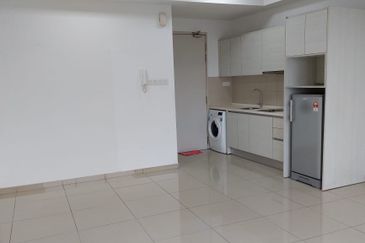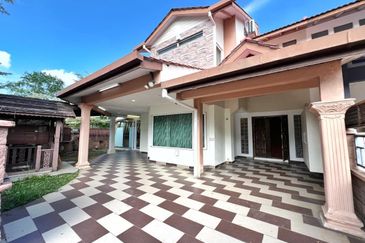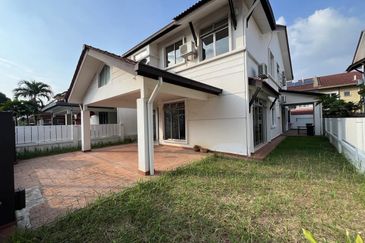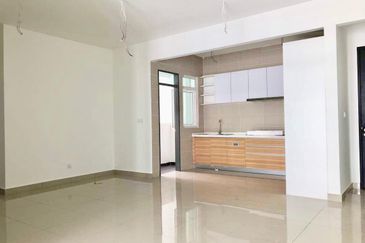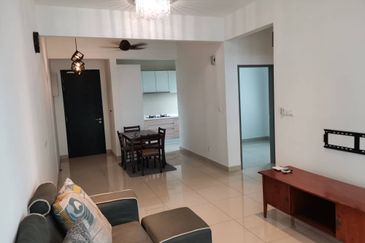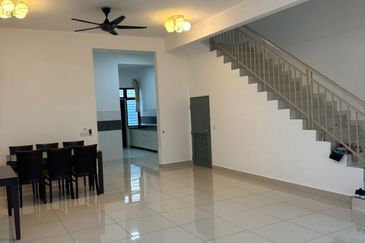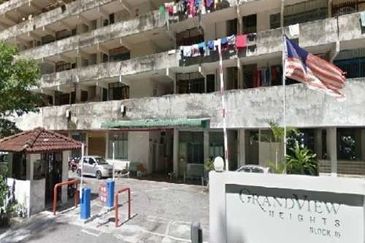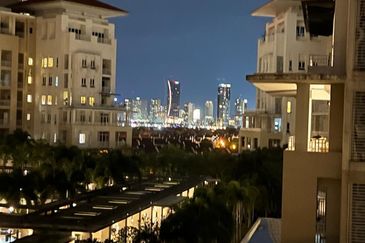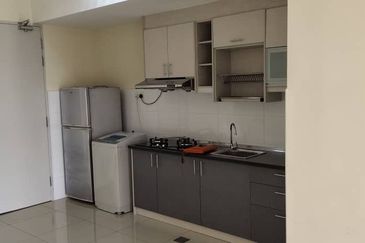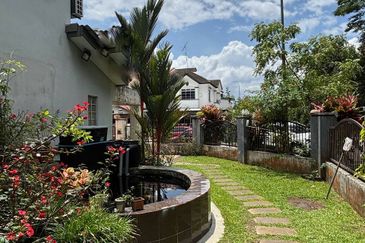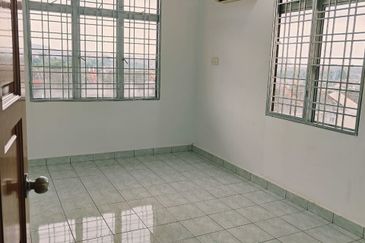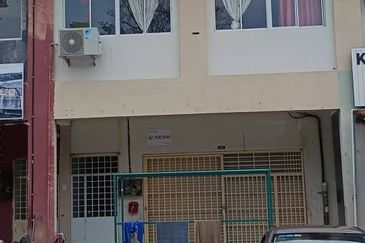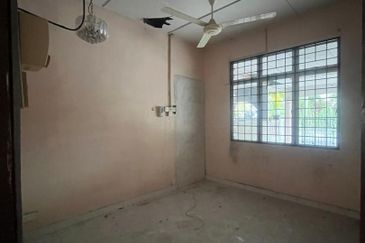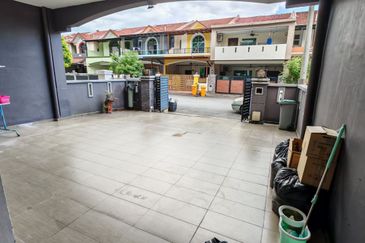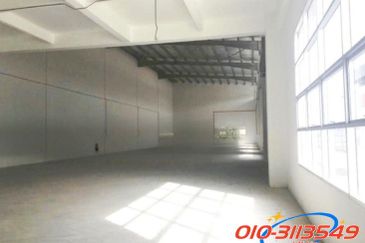
KUALA LUMPUR (Sept 13): PAS central's economic, real estate and entrepreneur development committee has proposed a 2.5% tax, based on Islamic Zakat principles, on Malaysia-based companies' cash and bank balances to discourage what is commonly referred to as "lazy balance sheets", where cash balances often remain idle.
In a statement, the committee's vice chairman 2 Mazli Noor said companies' cash balances which are not invested to expand economic activities within the country means forgoing the opportunity to add to the nation's multiplier effect.
Mazli said the proposed tax on corporate saving (TCS) is "based on the lowest or average balance in a year."
"Crucially, PAS will ensure an open and thorough study of the country's economic ecosystem to ensure its smooth adoption and implementation. This is also designed to mitigate any uncertainties and in turn push the economy to further growth, across a wider economic spectrum.
"Above all, a holistic approach will be deployed to ensure that Malaysian markets will remain competitive, robust and attractive to investors," Mazli said.
He said this ahead of Malaysia's Budget 2020 announcement on Oct 11 this year.
Mazli said PAS central's economic, real estate and entrepreneur development committee has also proposed a capital tax on shares (CTS) which consists of two components.
The first component involves a tax on the value of shares held for at least a year based on the lowest value of shares in the preceding 12 months.
"(On the second component,) to discourage speculation, taxes are also levied on gains made if the shares are disposed of in less than one year. A tax rate of 2.5% is proposed based on the Islamic Zakat principle. Comprehensive due diligence and communication will be carried out prior to implementation, to ensure clear instructions rooted in practicable procedures and to address any potential investor concerns.
"Based on our calculations, TCS can add RM12.5 billion to the government's coffers, with CTS providing another RM47.5 billion. These potential revenues are already more than what the sales and services tax (SST) can contribute to the government," Mazli said.
He said the previous government's revenue accrued through the goods and services tax averaged RM43 billion a year in 2016 and 2017 while the current government projects an SST collection of just RM22 billion for 2019.
Mazli said this indicates a significant "fiscal gap" that needs to be filled.
"This has contributed to a widening fiscal deficit of 3.9% and 3.7% in 2018 and 2019, higher than the government's target of 3.7% and 3.4% respectively," he said.



